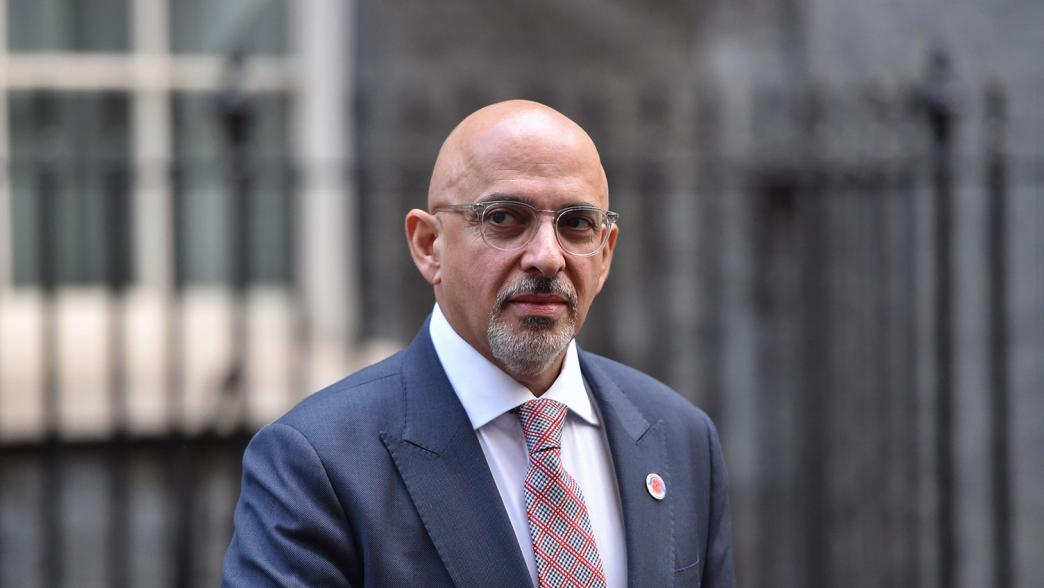Zahawi and Johnson rows severely test Sunak's integrity drive
The prime minister is running out of time to show that he meant what he said about cleaning up government.

Rishi Sunak is still getting caught up in scandals generated by his predecessor Boris Johnson. The prime minister is running out of time to show that he meant what he said about cleaning up government, says Alex Thomas